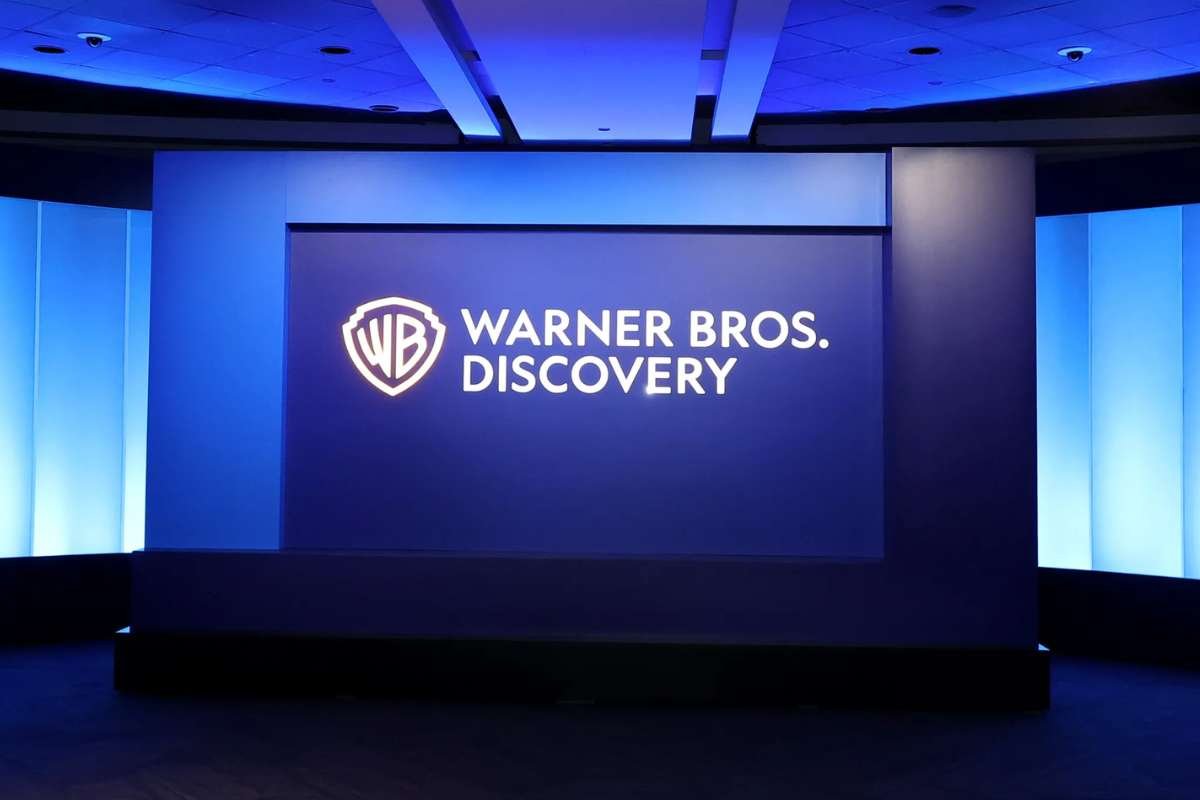A neo-Nazi march in Columbus, Ohio, on Saturday shocked residents and drew widespread condemnation from city and state officials. Around a dozen masked individuals paraded through the city’s Short North neighborhood, carrying neo-Nazi flags and amplifying racial slurs and white supremacist slogans through a bullhorn. Their actions, aimed at spreading fear, quickly gained attention online as videos of the march went viral.
Ohio Governor Mike DeWine was among the first to denounce the march. “There is no place in this state for hate, bigotry, antisemitism, or violence, and we must denounce it wherever we see it,” he said in a statement. The demonstration, orchestrated by a newly formed supremacist group called Hate Club, fit a broader pattern of similar incidents across the U.S., as noted by the Anti-Defamation League (ADL). Oren Segal, vice president of the ADL Center on Extremism, emphasized the group’s strategy to incite fear and seek visibility online, noting their use of blatant hate symbols for maximum shock value.
Community Pushes Back Against Fearmongering
The Columbus City Council and local leaders joined in condemning the hate-filled display. Shannon Hardin, president of the council, dismissed the demonstrators’ efforts as “pathetic” attempts to instill fear, connecting their actions to a broader climate of emboldened white supremacy. Despite the outcry, no arrests were made. Local police investigated reports of a physical altercation but found no evidence of assault. The marchers were briefly detained and later released.
The ADL highlighted a worrying trend of unannounced, small-scale marches designed to avoid counterprotests while amplifying their reach on social media. Such incidents are not isolated; they represent an escalation of white supremacist activity in recent months. “At the end of the day, they want to create fear and gain credibility among like-minded groups,” Segal explained.
A Broader Pattern of Hate and Resistance
This incident mirrors similar events nationwide, such as a neo-Nazi demonstration earlier this month in Howell, Michigan, during a community theater performance of The Diary of Anne Frank. Demonstrators outside the venue carried neo-Nazi symbols and shouted hate-filled messages, deeply unsettling cast and audience members. Howell’s history of white supremacy, including Ku Klux Klan rallies in the 1970s, made the demonstration even more poignant.
While such events showcase the persistence of hate groups, communities have repeatedly rallied to reject these ideologies. Theater staff in Howell continued their performance despite the protests, emphasizing the production’s message about the real victims of the Holocaust. Their resilience is emblematic of broader efforts to stand against bigotry.
As incidents like these draw attention, leaders and organizations nationwide are calling for unity and vigilance against hate. Governor DeWine’s statement underscores this sentiment: “We must confront such acts and reaffirm our commitment to an inclusive and accepting society.”


















